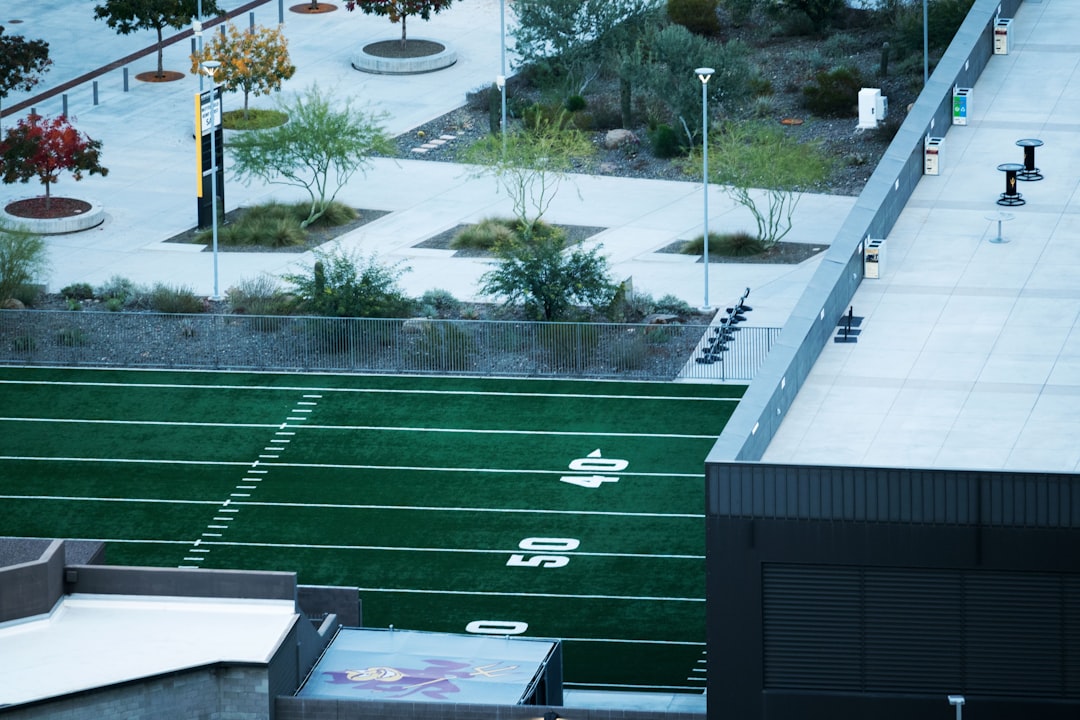This expert advice article will discuss the key differences and benefits of obtaining a diploma versus a degree. It will aim to guide readers in making an informed decision about their educational path, incorporating the essential keywords ‘degree vs diploma’ throughout.
Table of Contents
Degree vs Diploma: Making the Right Choice
Key Takeaways Shortly
- Degrees and diplomas differ fundamentally in terms of duration, depth of study, and recognition.
- Both a degree and a diploma have their own market value, acceptance in the job market and potential earning power vary.
- The commitment and dedication required to earn a degree is typically more than that of a diploma.
- It’s possible to start with a diploma and then transition to a degree program, with numerous success stories and potential pathways available.
- Choosing between a degree and a diploma should be based on individual goals, resources, and aspirations, with expert advice available to help guide this decision.
As we embark on the journey of higher education, one of the initial decisions we all must make is choosing between a diploma and a degree. When it comes to the battle of degree vs diploma, it’s not always clear which option is the best fit for you. Both choices offer unique benefits and, of course, have their own set of challenges.
In this article, we’re going to, kind of, walk you through the main differences between these two academic paths. We’ll also delve into the pros and cons of each, helping you to make a well-informed choice.
The aim here isn’t to sway you towards one or the other, but to give you all the necessary information you need to make the best decision. You know, in the end, the choice is yours. So, let’s get started, shall we?
What’s the Real Deal with Degree Programs?
Degrees, you see, are typically offered by universities. They take, well, usually three to four years to complete. In some cases, they can take even longer. They can be pursued in a variety of fields. The most common ones are arts, science, commerce, engineering, and medicine.
Now, let’s look at some numbers. According to the National Center for Education Statistics, about 33.4% of Americans aged 25 and over have completed a bachelor’s degree program. That’s a lot of people, isn’t it?
The thing is, a degree program is not just about studying a subject in-depth. It’s more about gaining a broad knowledge base across multiple subjects. So, a degree program will typically include a variety of courses across different disciplines. They’re designed to enable students to develop a range of transferable skills.
What’s more, a degree can open doors to further study. Many people with degrees go on to pursue postgraduate study, such as a Master’s or Ph.D. program.
The Significance of Degree Education
Degrees, you see, they’re kind of a big deal. They take a good chunk of time, about 3 to 4 years usually. But, oh boy, the doors they open, they’re quite something, you know. Degrees are, quite simply, a ticket to high level jobs. It’s like a key that unlocks the door to these jobs that ask for specialized knowledge, deep skills.
Now, it’s not always rainbows and butterflies, mind you. Degree courses can be tough, challenging and sometimes, they might even seem a bit like climbing Mount Everest. But, hey, what’s life without a bit of a challenge, right?
A fact, a hard one at that, tells us that degree holders tend to earn more than diploma holders. It’s a bit of a bummer, but it’s the truth. So, it’s really about weighing the pros and cons, the good, the bad and the ugly, before making a choice.
So, you see, choosing between a degree and a diploma isn’t an easy peasy lemon squeezy decision. It’s more of, you know, a difficult difficult lemon difficult one. But, hey, that’s where the thrill lies, right? So, go ahead, take your time, make your choice, because, at the end of the day, it’s your future we’re talking about here.
Making The Right Choice: Degree or Diploma?
Choosing between a degree and a diploma is not a walk in the park. And, you know, it shouldn’t be. It’s a key decision that’ll, at the end of the day, play a crucial role in your career path.
Now, let’s look at an interesting fact. Did you know that according to the U.S. Bureau of Labor Statistics, the median weekly earnings of someone with a bachelor’s degree is $1,248, while for someone with a diploma it’s $746? But, hey, don’t let this one fact sway you just yet.
Every individual is unique and so, of course, is their educational journey. It’s critical to look at the big picture and think about your personal goals, your career ambitions, and, yes, even your passion.
A degree might, on the surface, seem to be a more prestigious option. But, let’s be honest, it’s also a longer commitment. It takes an average of 3 to 4 years to complete a degree. A diploma, however, is a quicker route. It’s typically completed in 1 to 2 years.
Is time a factor for you? If yes, then maybe a diploma might be the right choice for you. Are you seeking a more in-depth understanding of a particular field? In that case, a degree might just be more up your alley.
The thing is, both a degree and a diploma have their own advantages. A degree offers a broader perspective and a theoretical approach. A diploma, on the flip side, provides a more practical, hands-on learning experience.
So, in the end, what matters is you. What do you want from your education? What do you want from your future? Make sure to weigh the pros and cons of both before making a decision.
To wrap it all up, there’s no right or wrong answer here. It’s all about choosing what’s right for you. So, take your time, do your research, and make an informed decision. After all, it’s your future we’re talking about here.
Wrapping Up the Degree vs Diploma Debate
As we come to the close of this insightful discussion on degree vs diploma, let’s stitch together the key points we’ve talked about.
First and foremost, both a degree and a diploma are valuable educational qualifications, each with their own unique set of advantages. A degree offers a broad knowledge base, making you adaptable in the job market. It usually takes more time to complete, but it could open doors to higher positions and higher pay.
On the other hand, a diploma is more skill-based and practical. It takes less time to complete, making it a quicker route into the workforce. It’s ideal if you have a clear career goal and want to gain specific skills for a specific job.
But, you know, at the end of the day, the choice between a degree and a diploma is not a one-size-fits-all situation. It’s really about what suits your career goals, learning style, budget, and timeline the best. So take a good, hard look at your individual circumstances and aspirations.
The take home message here is that education, whether in the form of a degree or a diploma, is a solid stepping stone towards a successful career. It’s not about which is better universally, but rather which is better for you personally.
So, hey, why not take a leap of faith and invest in your future? Whether you choose a degree or a diploma, you’re paving your own path towards a brighter future. And that, my friends, is a step worth taking.
FAQ
What’s the primary difference?
The primary difference between a degree and a diploma lies in their duration, depth of study, and recognition. A degree typically takes longer to complete and provides a more in-depth study of a particular field, while a diploma is shorter and focuses on specific skills or trades. Degrees are universally recognized, whereas diplomas may not be recognized in all countries or industries.
Which has more market value?
Both qualifications have market value, but their acceptance and potential earning power differ. Degrees, particularly bachelor’s, masters, and PhD, are widely recognized and often associated with higher earning potential. However, diplomas can also offer high value, especially in specific fields or industries where practical skills are highly sought after.
Is a degree more demanding than a diploma?
Generally, earning a degree can be more demanding than obtaining a diploma. Degrees usually require longer study periods, more intensive coursework, and comprehensive exams. However, the level of difficulty can also depend on the specific course or subject area. Diplomas, on the other hand, are more focused on practical skills and can be less academically rigorous.
Can a diploma lead to a degree?
Yes, a diploma can indeed lead to a degree. Many institutions offer pathways from diploma programs to degree programs, allowing students to transition smoothly. Some of your credits from the diploma program may even be transferable to the degree program, thus reducing the overall time needed to complete the degree.
In the end, which one should you choose?
The choice between a degree and a diploma should be based on your individual goals, resources, and aspirations. If you aspire to a profession that requires in-depth knowledge and research, a degree might be more suitable. However, if you’re interested in gaining specific skills for a particular trade or industry, a diploma could be a better option. It’s essential to research and consider your future career plans, personal interest, and financial situation before making a decision.






















No comments yet.